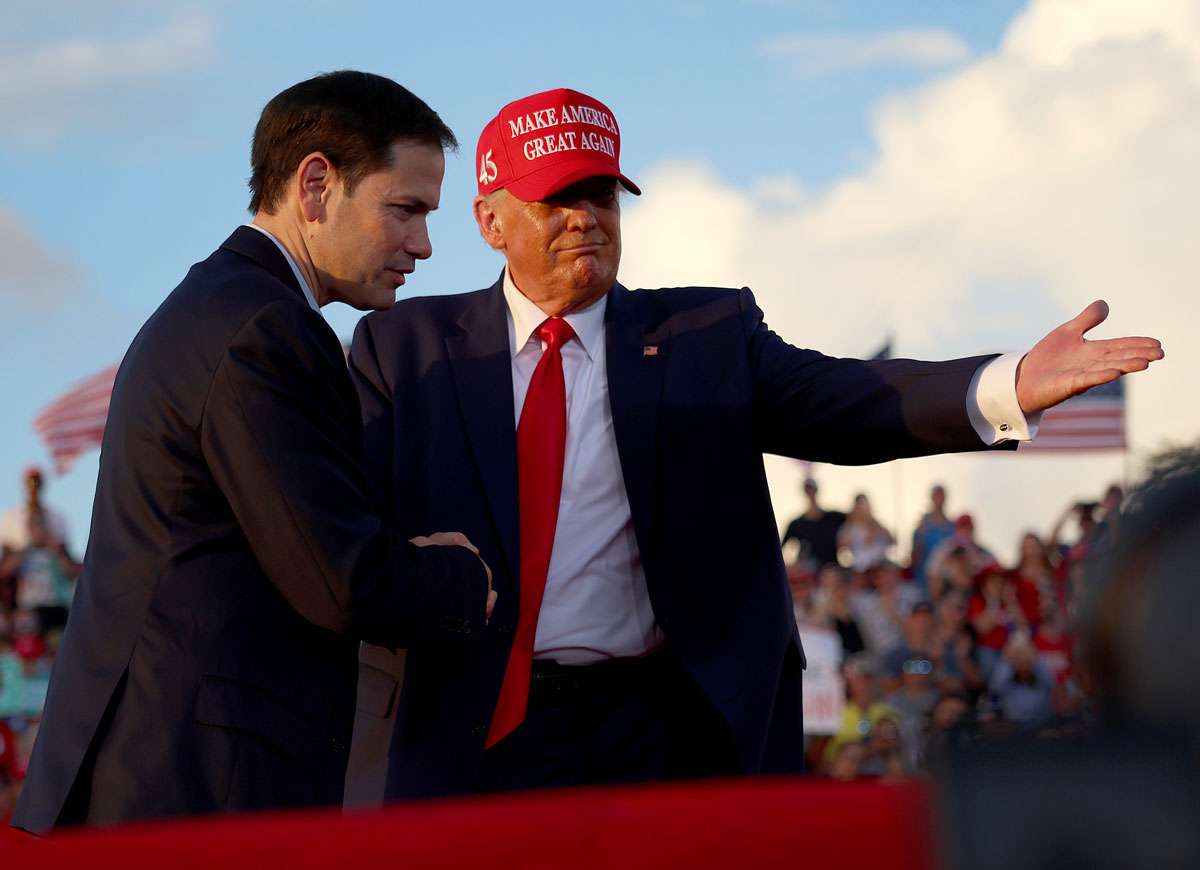The Way

2.5/5
I felt like leaving the screening of The Way soon after it started, and I rarely want to leave films. My bizarre meter was pinging hard and often during this movie. The Way was produced, written, directed by, and stars Emilio Estevez, the likeable Brat-Packer from such hits as St. Elmo’s Fire, The Breakfast Club and The Mighty Ducks. But, based on this and his muddled multi-stranded debut, Bobby, I don’t think he should direct.
The film opens with Tom (Martin Sheen – Emilio's dad), a man in his later years, who has a simple, uncomplicated life as a dentist in California. Except for his son, Daniel (Estevez), who is the type of guy who never settled down into a ‘normal’ existence with a family, and instead is keen on seeing as much of the world as he can. In flashbacks, Daniel encourages his father to travel and experience more than he does, and Tom doesn’t understand his son at all.
At the beginning of the film, Tom discovers Daniel has died (how weird must that have been?) in the Pyrenees in a storm while walking the Camino de Santiago – a historic pilgrimage made by many each year. He decides to go retrieve his son’s remains – and all this happens before the opening titles have finished rolling. These kind of events and decisions deserve some more time, weight and development in the script; the speed at which they were introduced was jarring.
Tom travels to France, and decides to hike the trek for his son. He soon meets several other pilgrims who are making the trek for their own reasons. The best is Joost, from Amsterdam (Yorick van Wageningen). He plays a generous, funny, drug-dealing Dutchman, gives an amusing performance, and is the best part of the film. Deborah Kara Unger made me groan at first, as her angry, chain-smoking Canadian, Sarah, was so the clichéd angry chick, but she went on to show a somewhat layered performance. And James Nesbitt as Jack, the Irish writer, was loud and irritating. But Tom is a crotchety old man, and the idea that these people would trek along with silent, cold Tom for literally months isn’t believable at all.
Estevez the writer/director doesn’t know how to do subtle. Every character (save for van Wageningen) ‘performs’ their role loudly in a simplistic and clichéd way. The performances could have been much more effective had they been more restrained. The soundtrack is admittedly great, but it constituted familiar hits that distracted rather than blended with the film to create a specific atmosphere. While I love Alanis Morrissette’s ‘Thank You’, it shouldn’t be a memorable part of a film as it’s being played over a montage of trekking. But the shots of the Spanish countryside are lovely. By the end of the trek, Tom’s changed – he’s more relaxed, open and happier, but we're left just wondering – why?
RELATED ARTICLES
Get the most-revealing celebrity conversations with the uInterview podcast!





Leave a comment